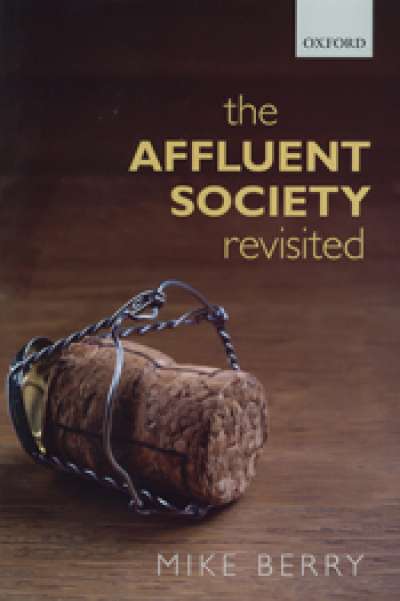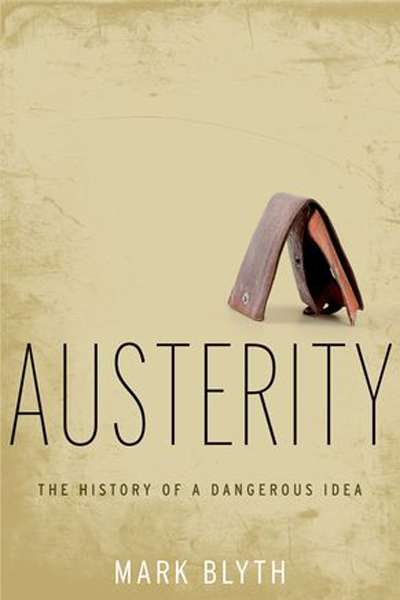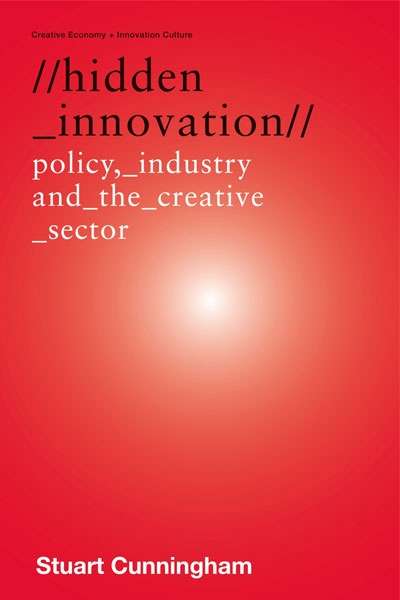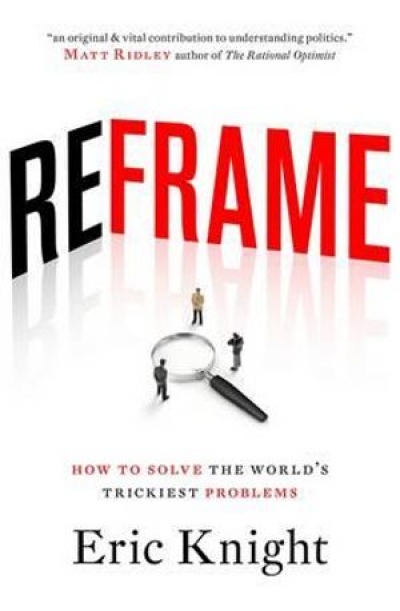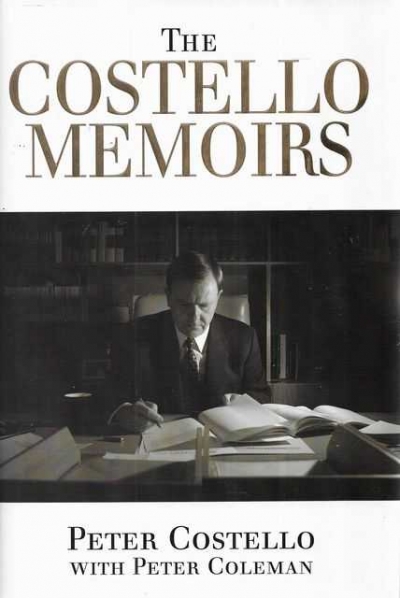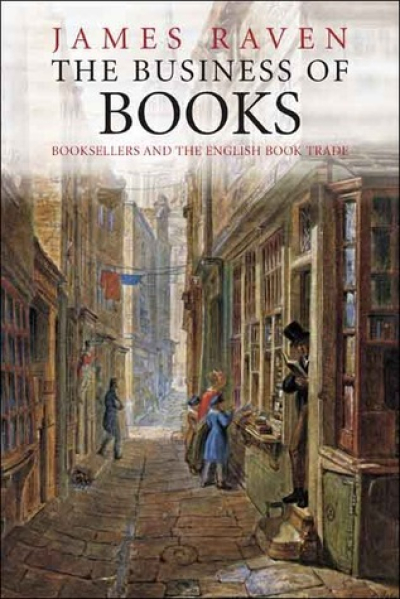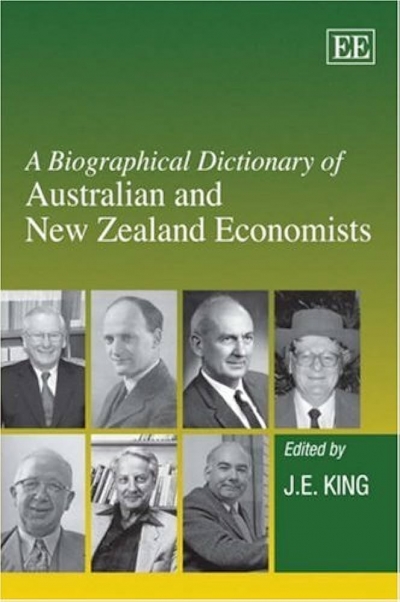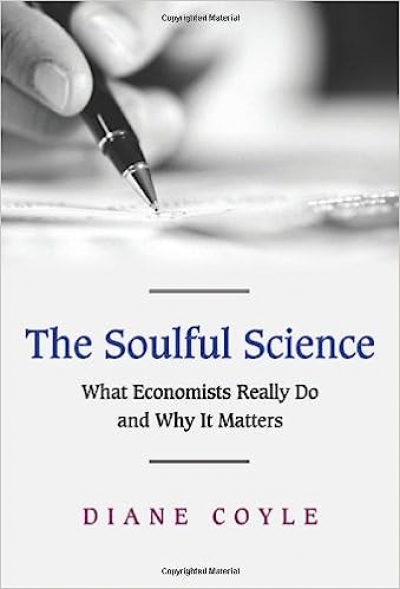Economics
Hidden Innovation: Policy, Industry and the Creative Sector by Stuart Cunningham
by Andrew Leigh •
Reframe: How to Solve the World’s Trickiest Problems by Eric Knight
by Alex O'Brien •
Goodbye To All That?: On the failure of neo-liberalism and the urgency of change edited by Robert Manne and David McKnight
by Norman Abjorensen •
The Costello Memoirs: The age of prosperity by Peter Costello and Peter Coleman
by Neal Blewett •
The Business of Books: Booksellers and the English book trade 1450–1850 by James Raven
by Graham Tulloch •
A Biographical Dictionary of Australian and New Zealand Economists edited by J. E. King
by Geoffrey Blainey •
The Soulful Science: What economists really do and why it matters by Diane Coyle
by Peter McLennan •
Mortgage Nation: The 2004 Australian Election edited by Marian Simms and John Warhurst
by Clement Macintyre •

